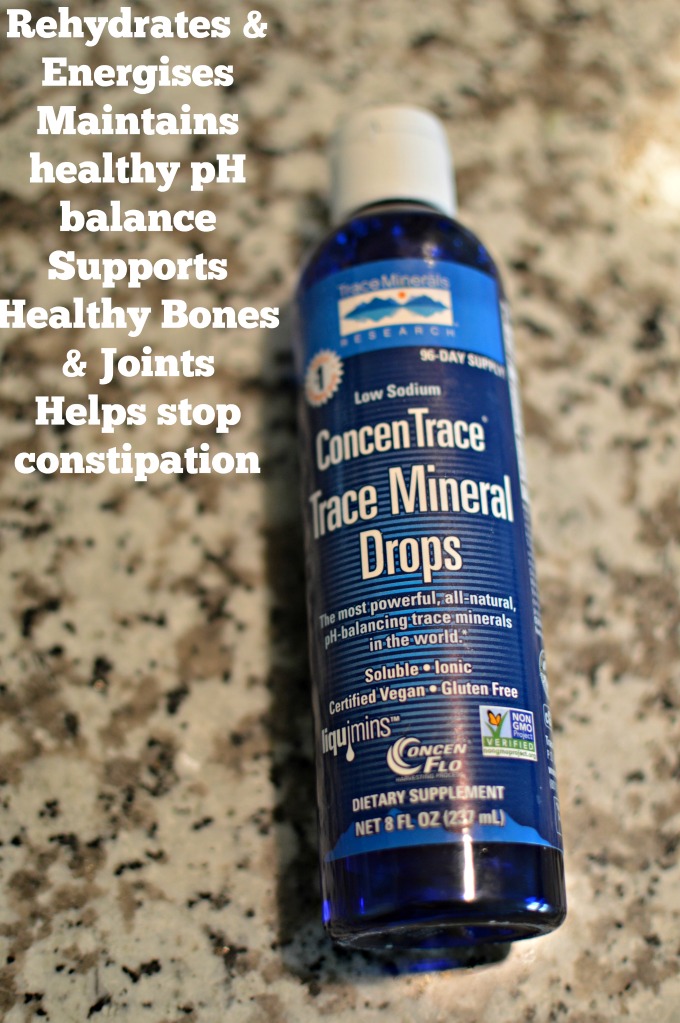Breaking the Stigma: Understanding Medication-Assisted Treatment For Addiction
Medication-Assisted Treatment (MAT) is a form of substance abuse treatment that involves using medications in combination with counseling and behavioral interventions. MAT is often used to treat opioid and alcohol addictions. MAT can help people with these disorders find recovery from their addictions. However, MAT is not for everyone.
Medications
Medications are an integral part of medication-assisted treatment for addiction. They help patients reduce withdrawal symptoms, improve their quality of life and prevent relapses. MAT typically involves medications such as methadone, buprenorphine, or naltrexone that normalize brain chemistry, block the euphoric effects of drugs, relieve physiological cravings, and normalize body functions without adverse effects of drug use.
Methadone is a long-acting full opioid agonist that attaches to the same brain receptors as short-acting drugs such as heroin or prescription painkillers but does not produce the highs and lows of those drugs. It also helps to relieve a patient’s physiological opioid craving and normalizes their body’s metabolism and hormone functioning that were disrupted by illicit street opioids.
Behavioral therapy is also often used alongside MAT to help patients cope with stress and triggers leading to substance abuse. Behavioral therapies can include cognitive behavioral therapy (CBT), motivational interviewing (MI), counseling, skills development, and support groups.
Counseling
Addiction counseling involves working with a counselor who understands the root of your addiction and helps you develop skills to avoid relapse. The relationship you build with your counselor can make all the difference in your recovery. In addition to helping you manage withdrawal symptoms and address cravings, counseling can help you change negative attitudes or beliefs about your life and the world around you. You can find renewed hope for your future by shifting these thinking patterns. Counseling can also be a safe place for women to open up about their experiences with addiction and abuse. They can also share their concerns about family and work-life balance. Medication-Assisted Treatment (MAT) treats substance use disorders, supports recovery, and guards against overdose by combining medicine with behavioral therapies. It is one of the addiction treatment in Lexington and is recommended by many professionals. These medications include buprenorphine, naltrexone, and methadone.
Support Groups
Support groups can be a powerful addition to medication-aided treatment for addiction. They allow individuals to share their experiences with others with similar situations and learn coping skills from their peers.
A certified behavioral therapist or a trained peer facilitator can facilitate the group. It is important to find someone who is qualified and reputable and ensure that the group adheres to strict guidelines regarding confidentiality.
It is also essential to choose a group that fits your needs. Different types of groups have their distinct style and focus. Choosing the right group can help you get the most out of your treatment. Trying out different groups for a few weeks before deciding on one is a good idea.
Continuing Care
Continuing care is an essential part of recovery. Individuals who receive addiction treatment should be given a comprehensive discharge plan that includes professional and non-professional support services to help them stay on track with their recovery. Patients who complete a residential or inpatient program may want to transition to outpatient treatment as they can still live at home. However, they will still have access to therapy and medication-assisted treatment (MAT). This is also a good option for those not ready for full-time inpatient care and who prefer a less intense treatment.


